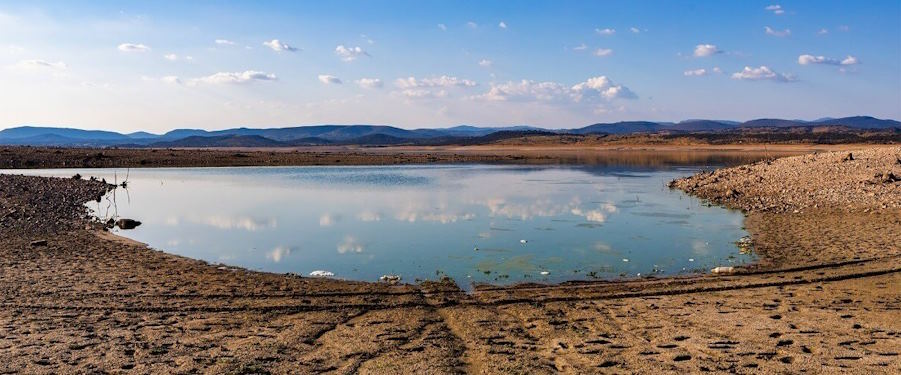Developing nations are often caught in a delicate balancing act between pursuing economic development and addressing environmental consequences. As these countries strive to uplift their populations from poverty and achieve progress, they often face significant environmental challenges that can have long-lasting impacts on their ecosystems and communities. Therefore, understanding the environmental consequences of development in developing nations is crucial for creating sustainable solutions and promoting a harmonious relationship between economic growth and environmental preservation.
Deforestation and Habitat Destruction
Deforestation and habitat destruction are among the most significant environmental consequences in developing nations. Forests are often cleared for agriculture, infrastructure development, and logging activities. This loss of forest cover not only leads to the depletion of biodiversity but also contributes to climate change by releasing carbon dioxide. Deforestation disrupts ecosystems, affects water cycles, and threatens the livelihoods of indigenous communities dependent on forest resources.

Air and Water Pollution
Rapid industrialization and urbanization in developing countries can result in severe air and water pollution. Industries often lack proper regulations and infrastructure to manage waste disposal and emissions, releasing harmful pollutants into the air and waterways. Polluted air contributes to respiratory diseases, while contaminated water sources pose risks to public health. Addressing air and water pollution is crucial for safeguarding the well-being of communities and promoting sustainable development.
Resource Depletion and Overconsumption
Developing nations often face resource depletion and overconsumption challenges. As economic development accelerates, there is an increasing demand for natural resources, including minerals, fossil fuels, and freshwater. Unsustainable extraction and consumption practices can lead to the depletion of finite resources and exacerbate environmental degradation. Developing nations need to adopt sustainable resource management practices to ensure the availability of resources for future generations.
Climate Change Vulnerability
Developing nations are particularly vulnerable to the impacts of climate change. These countries often lack the infrastructure and resources to adapt to changing weather patterns, rising sea levels, and extreme weather events. Climate change can exacerbate existing challenges, such as food insecurity, water scarcity, and natural disasters, further deepening poverty and inequality. Supporting developing nations in climate resilience is crucial for long-term sustainable development.

Health Impacts
Environmental consequences in developing nations can harm public health. Exposure to air pollution, contaminated water sources, and inadequate sanitation can lead to various health issues, including respiratory diseases, waterborne illnesses, and malnutrition. Ensuring access to clean air, safe drinking water, and proper sanitation facilities is essential for improving public health and well-being.
Addressing the environmental consequences in developing nations requires a multi-faceted approach that integrates sustainable development practices, promotes renewable energy sources, strengthens environmental regulations, and fosters international cooperation. Efforts should focus on promoting sustainable agriculture, implementing effective waste management systems, investing in renewable energy infrastructure, and supporting initiatives prioritizing conservation and biodiversity protection.
International cooperation and support are crucial in assisting developing nations to overcome their environmental challenges. Developed countries can provide financial assistance, technology transfer, and capacity-building initiatives to empower developing nations in their sustainable development journey. Collaboration between governments, businesses, civil society organizations, and local communities is also vital in implementing sustainable solutions and ensuring the inclusion of diverse perspectives.


